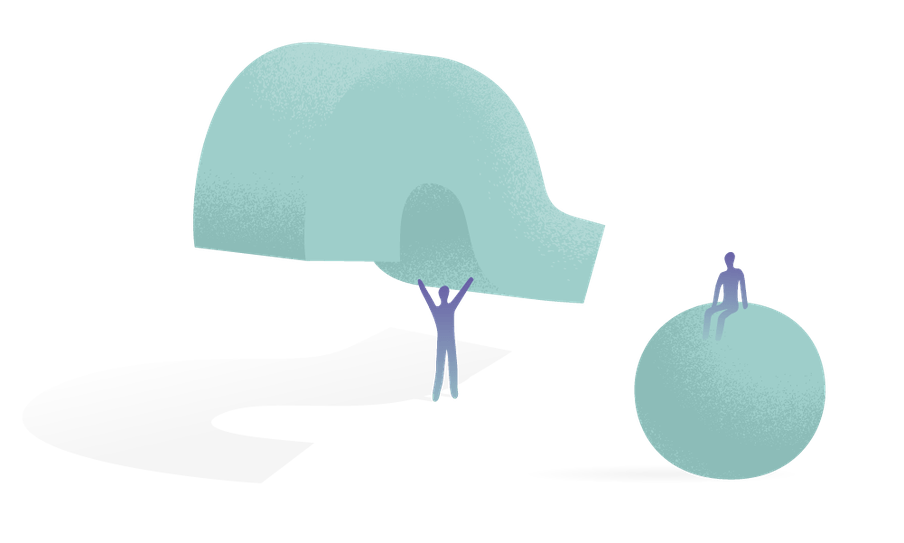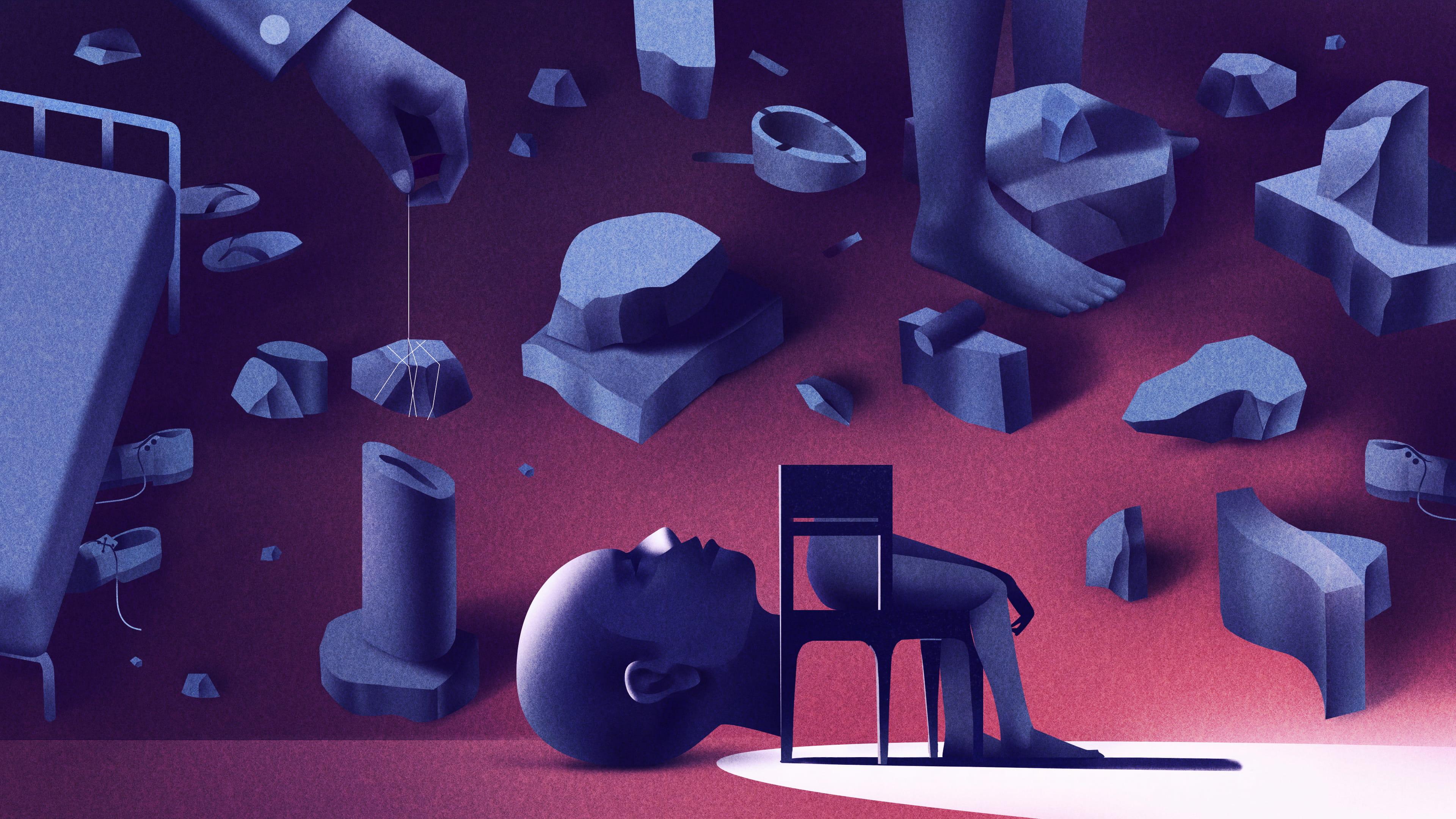My beat is called Sanity rather than ‘mental health’, because I want to find a new vocabulary to talk about our daily struggle for equilibrium – one that is more nuanced, more holistic, and free of the baggage of traditional health reporting.
So, why guilt?
Living with guilt has always been part of the human condition. I’m starting from a couple of assumptions about guilt in the modern world: the first, that it is a universal force in modern life, across cultures and contexts. Second, that an ever-increasing number of us feel guilty, rather than simply angry at the world – perhaps aspects of the same emotion, if guilt is rage turned inwards.
The way guilt makes us behave, and the choices we make as a result, have a profound impact on our personal and professional lives, our relationships, and our communities.
Guilt is pervasive but often invisible. The news media focuses on its opposite: blaming and shaming. In our digital world, the blinding display of insensitivity and lack of self-awareness we witness every day – I’m talking about trolls and cyber-bullies – makes us feel that others are somehow impervious.
Massive enterprises, such as the multibillion-dollar business of humanitarian aid and the environmental movement, are supported by messaging honed to invoke guilt. And they bring new kinds of guilt with them – climate guilt, for example.
We all know what guilt feels like, but how much do we actually know about it?
At least one comprehensive academic study of guilt I have come across indicates troubling controversies on even basic questions around guilt, such as whether it is an adaptive or maladaptive force.
Understanding guilt has critical implications for, amongst other things, the understanding and treatment of mental illnesses. So, here’s where I need your help.

Are you a sociologist, anthropologist, historian, economist, philosopher, theologian, environmentalist, a human rights or mental health professional?
If so, I need your expertise to take me deeper on this dive into guilt.
Note: I’m not looking for personal stories or ‘secrets’, unless they serve as context to help understand the resultant emotion, and the impact of that emotion on our functioning within our community. But I’d love to hear about new research, and your suggestions for sources I shouldn’t miss.
You could be located anywhere in the world, but I would particularly love to hear voices rooted in the Global South or in other marginalised communities.
Please contact me on this survey here.
*A conversation about the human mind must be, first and foremost, a safe space. Guilt is a highly sensitive and personal subject. Please prioritise self-care over participating in a conversation that you may find distressing. Nothing that you don’t want to share publicly will ever be published. Please be clear about your boundaries – I’ll always respect them. If you want to withdraw from the project at any time, you’re free to to do so. No questions asked.
Dig deeper
 "How’s your mind?"
Tanmoy’s article on his quest for new ways to talk about mental illness
"How’s your mind?"
Tanmoy’s article on his quest for new ways to talk about mental illness


